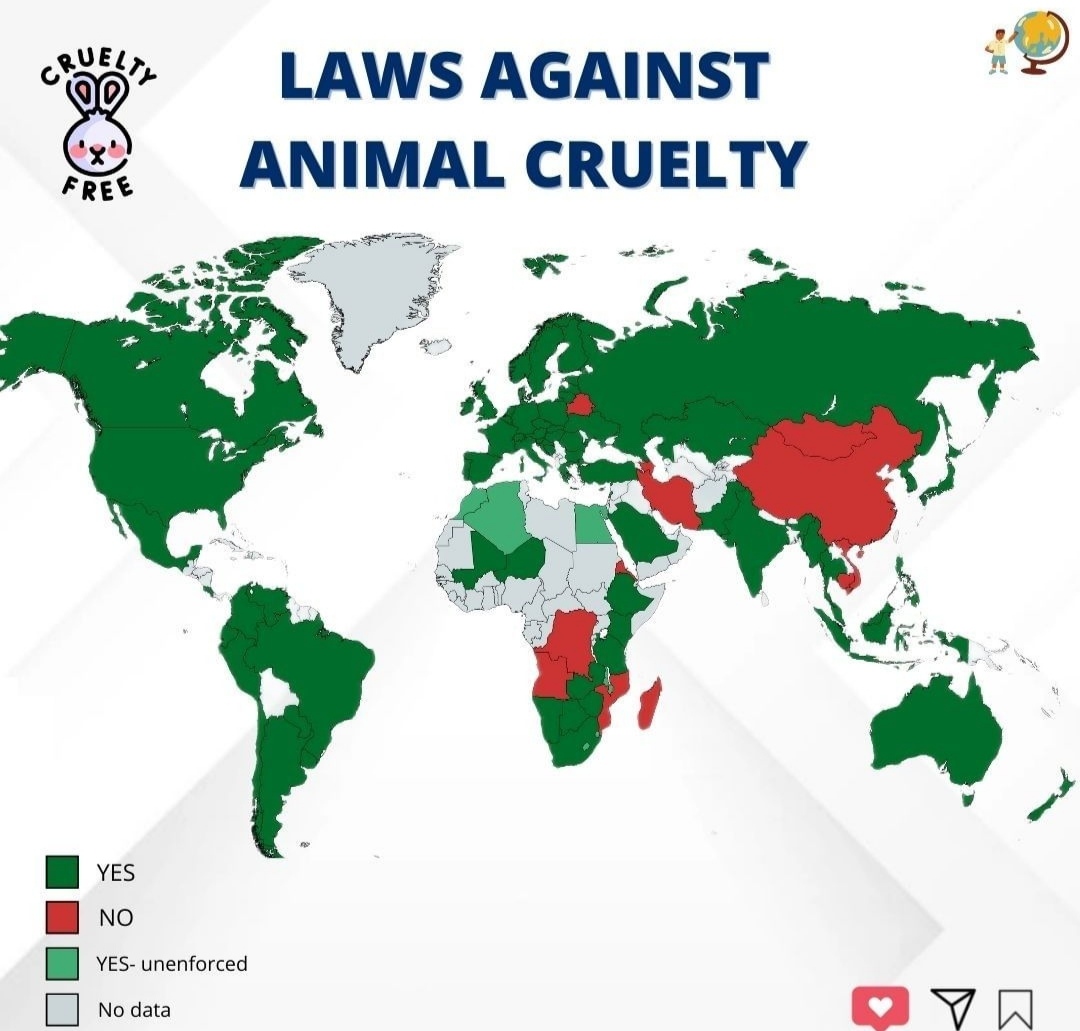When faced with the stark image of an animal suffering, one might instinctively ask: “Am I supposed to report animal cruelty?” This inquiry, while seemingly simple, invites complexity rooted in the intersection of ethics and law. How does one navigate the moral landscape surrounding the treatment of animals? Should the law serve as the sole arbiter of right and wrong, or do ethical obligations compel us to act even in the absence of legal enforcement? These are pressing questions that challenge our perceptions and responsibilities as stewards of animal welfare.
First, let us consider the ethical framework guiding our response to animal cruelty. Ethical theories can vary significantly, diverging in their foundational premises about the intrinsic value of animals. Utilitarianism, for instance, posits that actions should maximize happiness and minimize suffering. Under this lens, witnessing an animal in distress creates a moral imperative to act, regardless of existing legal mandates. This perspective compels individuals to prioritize the welfare of sentient beings, calling into question the adequacy of the law alone to protect those who cannot speak for themselves.
Conversely, deontological ethics emphasizes the importance of rules and duties. From this viewpoint, the law holds significant weight; it outlines our obligations and defines societal standards for acceptable behavior. If animal cruelty is prohibited by law, then failing to report such actions may be viewed as failing to fulfill one’s ethical duty. Yet this brings up an uncomfortable quandary: What happens when the legal framework is insufficient or outdated? In many jurisdictions, laws related to animal welfare may lack the rigor necessary for proper enforcement, which could create a dissonance between the ethical inclinations of individuals and the legal obligations imposed upon them.
This challenge becomes even more pronounced when considering the variability of laws surrounding animal protection from one region to another. For instance, the standards that dictate humane treatment can differ vastly depending on local legislation. In some places, animals may be viewed primarily as property, subject to the whim of their owners. Consequently, acts of neglect or abuse may not be treated with the severity they merit. In such circumstances, ethical action may require individuals to act in spite of the law rather than because of it.
Additionally, the potential repercussions of reporting animal cruelty cannot be understated. Individuals may hesitate to report due to fear of retaliation from the alleged offenders or concerns about the implications for their personal safety. Moreover, the emotional toll of witnessing cruelty can induce a paralysis, wherein one is so overwhelmed by the circumstances that they are unsure of how to proceed. Each of these factors enriches the ethical conversation, emphasizing that reporting is not merely a legal obligation but also a personal and societal challenge.
Moreover, one has to consider the psychological dimension. Witnessing animal cruelty can lead to feelings of hopelessness, anger, and frustration. This emotional fallout may dissuade individuals from taking action, even if they feel a moral tug towards intervention. Paradoxically, the very act of reporting can serve as a catalyst for personal empowerment and community engagement. It instills a sense of agency, motivating individuals to unite in a collective effort against cruelty. Therein lies an opportunity sparking change at both the local and systemic levels.
Look beyond the immediate implications of reporting to the broader societal impacts. The act of reporting animal cruelty can champion societal change, influencing public perception and fostering a culture of accountability regarding animal welfare. Such actions coalesce to create awareness, pushing the issue of animal rights to the forefront of community dialogue. This, in turn, could place pressure on lawmakers to revisit and revise antiquated laws, aligning them more closely with contemporary ethical standards.
Now, let’s explore the mechanisms through which one can effectively report animal cruelty. It is essential to collect relevant information before submitting a report. This might include details about the location, time, and nature of the observed abuse. Documentation, such as photographs or videos, can fortify the case against purported offenders. However, it is equally important to consider the ethical implications of documentation and ensure that the act of recording does not escalate the suffering of the animal involved.
Furthermore, engaging with local animal welfare organizations can enhance the efficacy of your report. These entities are equipped with resources and expertise, often possessing established connections to law enforcement or animal control agencies. Collaborating with such institutions not only amplifies individual efforts but also helps mobilize a network of advocates pursuing the welfare of animals more holistically.
In conclusion, the question of whether to report animal cruelty transcends the simplistic dichotomy of ethics versus law. It is a nuanced challenge that hinges upon our moral inclinations, societal responsibilities, and the realities of legal enforcement. While the law provides a foundational structure for addressing animal cruelty, it is our ethical imperatives—rooted in empathy and compassion—that compel us to ensure the well-being of animals. Thus, as vigilant guardians of wildlife and domesticated creatures alike, we must weigh our responsibilities thoughtfully, choosing to stand firm against cruelty and advocating for those who cannot speak for themselves. In doing so, we create a ripple effect, fostering a culture where animal welfare is held in the highest regard and inspiring others to join us in this essential cause.








